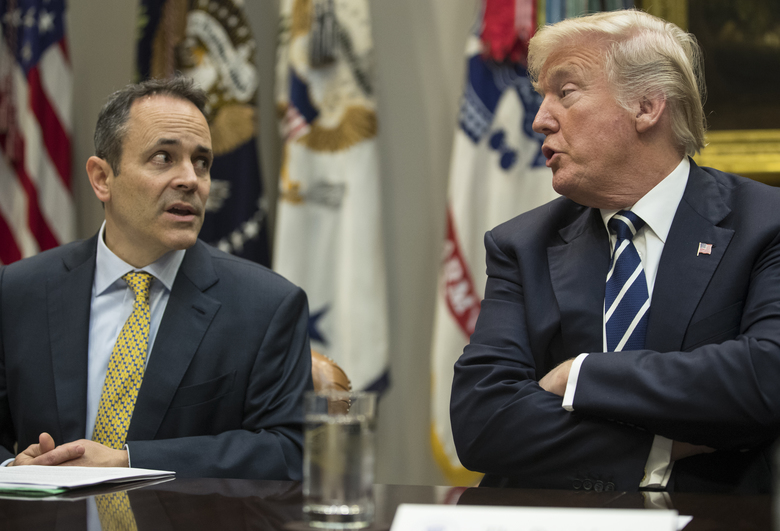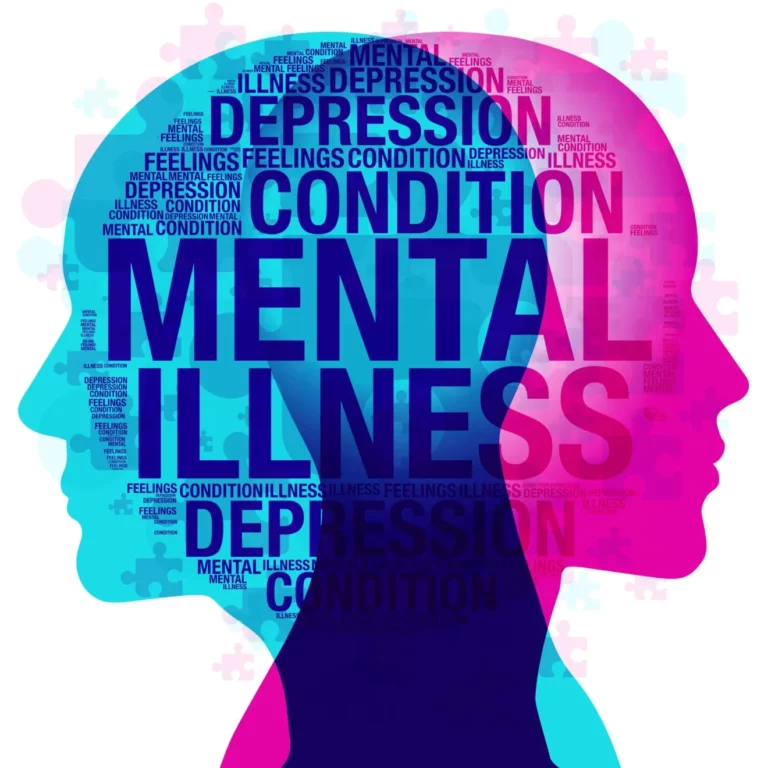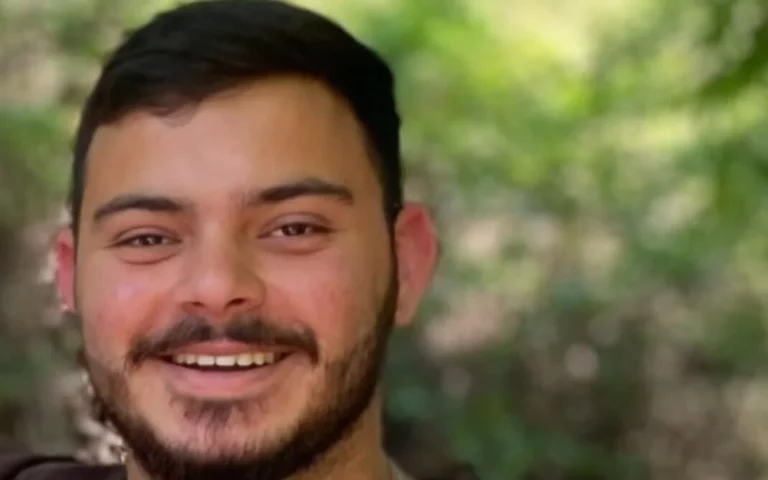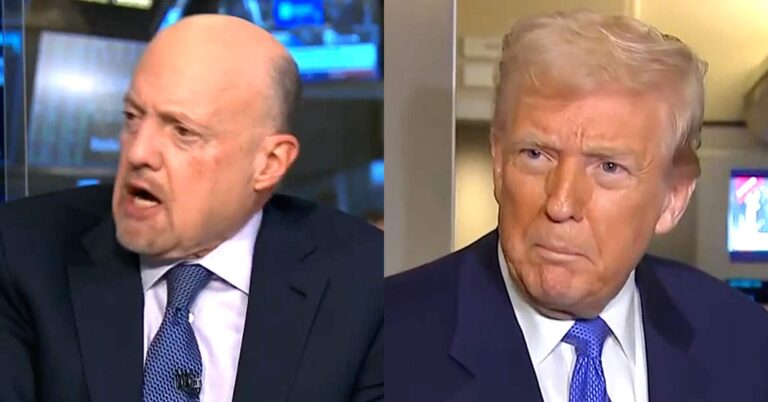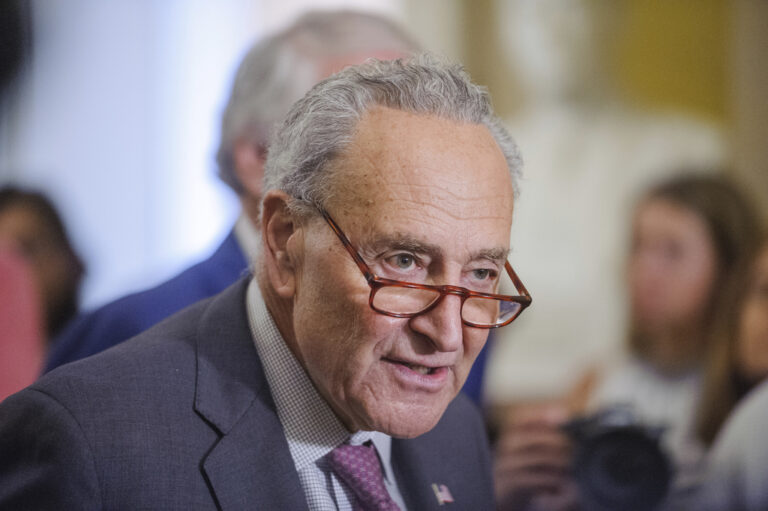President Donald Trump has promoted a tough-on-crime agenda at the White House. But he says the nation needs to find ways to help inmates eventually re-enter society.
Searching for conservative solutions on criminal justice, Trump convened a group of governors, faith-based leaders and experts on Thursday to “break this vicious cycle” and find ways of bringing job training, mentoring and drug addiction treatment to the nation’s prison population.
“We have a great interest in helping them turn their lives around, get a second chance and make our communities safe,” Trump said at the White House. He added, “We will be very tough on crime but we will provide a ladder of opportunity for the future.”
The round-table discussion, which included Attorney General Jeff Sessions, Republican Govs. Matt Bevin of Kentucky and Sam Brownback of Kansas and others, focused on finding ways to help non-violent prisoners learn new skills to help them transition from incarceration.
Bevin pointed out that 95 percent of the nation’s prison population will eventually be released. “What are we doing as a society, at the federal level, at the state level, at the local levels, what are we doing to ensure that they have been rehabilitated and they can be re-assimilated?” Bevin asked. “We’re good at removing but we need to do more than simply remove people from society.”
The steps are aimed at reducing the rate of recidivism. As Trump noted, the Justice Department has reported that approximately two-thirds of the more than 650,000 ex-offenders released from prison every year are rearrested within three years.
While the president has put forward a tough-on-crime message during his first year in office, the White House views changes to the prison system as a conservative issue that could potentially gain bipartisan support in a divided Congress.
Trump discussed potential changes to the prison system with lawmakers and Cabinet members at Camp David earlier in the month. Wednesday’s White House event built on similar listening sessions held by senior White House adviser Jared Kushner, the president’s son-in-law, who discussed the issue at a dinner with a bipartisan group of lawmakers at Kushner and Ivanka Trump’s Washington home last year.
Sessions has directed the nation’s federal prosecutors to pursue the toughest charges possible against suspects in most cases, a move that is expected to drive up the federal prison population at a time when it had been falling. One of Sessions’ first orders was to reverse an Obama-era directive phasing out the use of private prisons, an acknowledgement that they may be needed given his aggressive enforcement of drug and immigration laws.
But facing a narrow majority in the Senate, the White House views the issue — along with plans for a sweeping infrastructure bill — as among a handful of areas where Trump could work with Democrats in Congress.
(AP)

